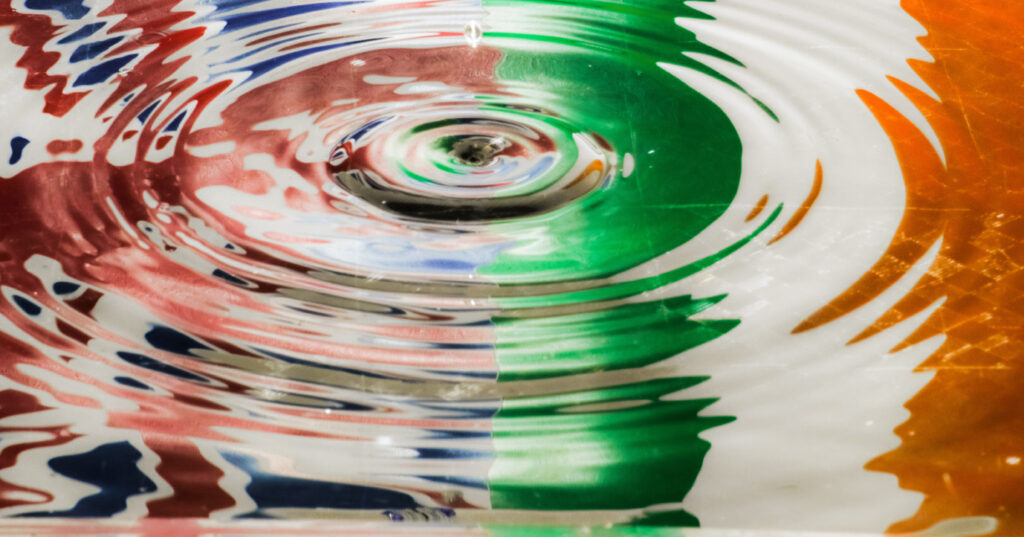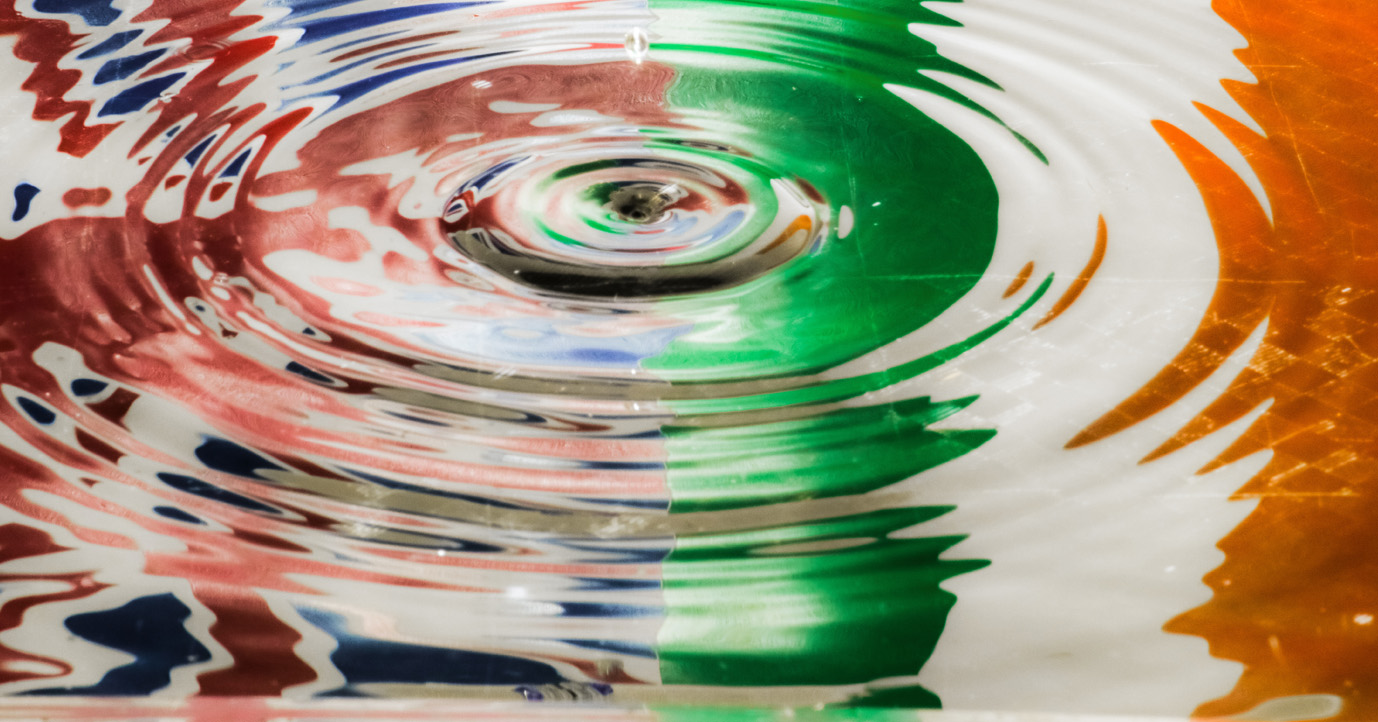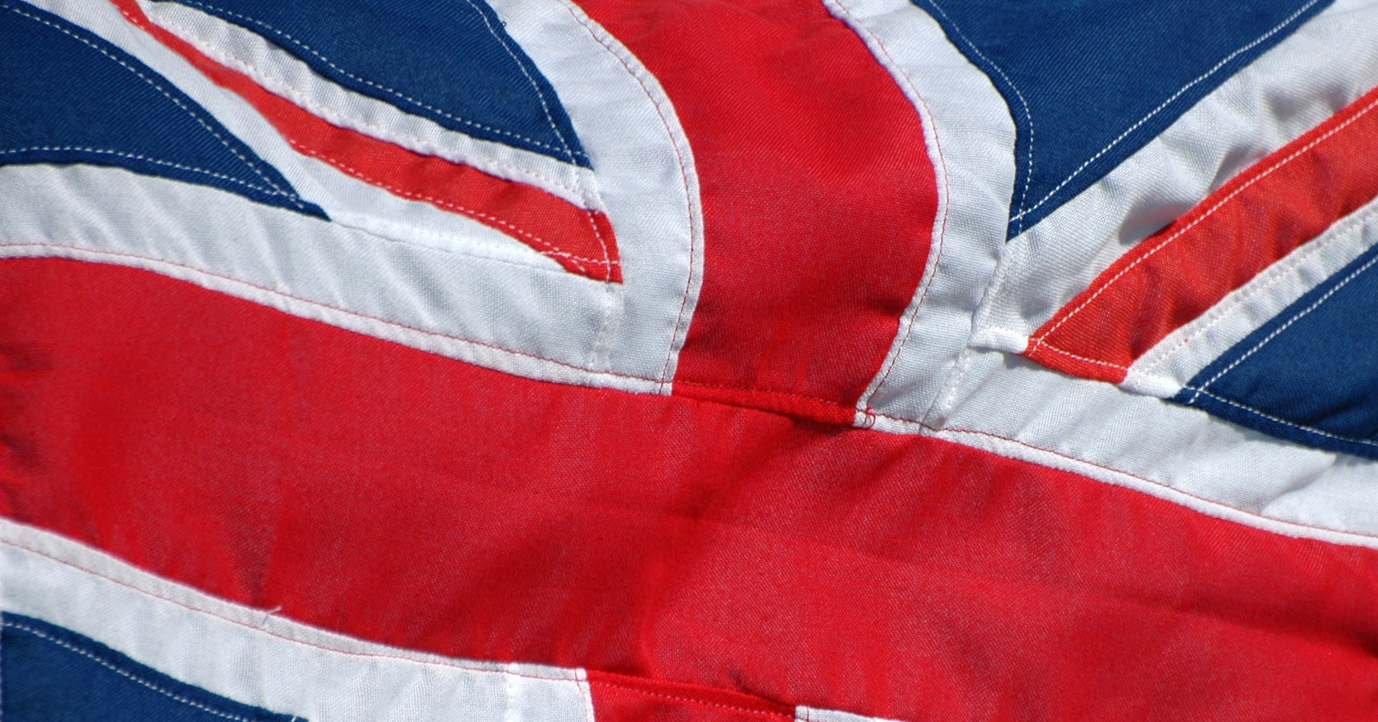
This article was first published in the Mail on Sunday.
Click here for the full report: Ulster and the Union: the view from the North
The news that Northern Ireland voters would choose to stay in the UK – by a majority of 54% to 46% in my poll, once undecideds are excluded – is a welcome early Christmas gift for unionists. In a similar survey two years ago, I found a wafer-thin margin for Ulster to join the Republic in a united Ireland. As in Scotland, where support for independence has fallen, ideals of national identity are being edged aside by a renewed post-pandemic focus on practicalities like public services and living costs.
Some doubt that Ireland would want to take on the North, given the current state of both economies and the extent to which Northern Ireland benefits from UK public spending. Apart from the call of old loyalties and historical destiny there are practical questions: what would the health service be like, would you have to pay to visit the GP, would you still get your old age pension? Then there’s the tenor of any border poll campaign, never mind the aftermath the result, whatever it is. All these things add up to a majority for the status quo… at least for now.
But in Northern Ireland, politics is played for the long term, and with that in mind few are resting easy on the unionist side. Most voters expect a referendum or “border poll” within the next decade, and while the majority believe the province would vote to remain tomorrow, only one in three think this would be the outcome in ten years’ time.
There are five main reasons for their pessimism. The first is simple demographics. As one Catholic voter told us cheerfully and candidly in nationalist Strabane, “we breed better than they do. They have big TVs; we have big families.” More than seven in ten voters aged under 25 said they would vote for a united Ireland.
Second is Brexit. Most believe that leaving the EU was the wrong decision for Northern Ireland, and nearly nine in ten blame Brexit for shortages in their shops. More than one in five say Brexit has made them question their support for the province remaining part of the UK.
Third is the belief that the rest of the UK is indifferent to Northern Ireland’s place in the Union. Voters on all sides feel that their British compatriots regard them as an expensive nuisance, and that any talk of “levelling up” applies to the north of England, not to them. Nearly four in ten unionists – not to mention two thirds of nationalists – think that even if it can’t say so, the Westminster government would rather Ulster joined its southern neighbour. Boris Johnson’s agreement to an Irish Sea border under the Northern Ireland Protocol only adds weight to this perennial suspicion.
Fourth is the understanding that as the Troubles become a more distant memory – and for younger voters, not even that – traditional loyalties will count for less. In some ways, this is an answer to prayer. “We’re damaged goods from a time that was just awful,” as one old loyalist put it. That generation has longed for their children to be able to grow up in a place where politics is not dominated by green and orange, Catholic and Protestant. But the more real this vision becomes, the less instinctive loyalty the Union might command – especially as the Republic looks to many like a more modern and liberal place than the North.
The final cause of unionist gloom is their feeling that, in the political arena, they have simply been outclassed. None would want to turn the clock back on the peace process or the Belfast Agreement. But many believe that through a combination of patience, strategic discipline, reinvention, presentational genius and sheer persistence, the nationalists have put themselves on course to achieve their aim. Maybe not in this decade, but within their lifetime or that of their children. Many on all sides expect Sinn Féin to become the largest party at Stormont after the Assembly elections next year.
Meanwhile, the unionist movement is in disarray. With Jeffrey Donaldson (who in June became the DUP’s third leader in a matter of weeks) in Westminster but little-known Paul Givan as First Minister, voters wonder who is in charge. People on all sides watched with distaste at the way the party ousted Arlene Foster, and polls show its support is half what it was three years ago. Listening to previous DUP voters in the loyalist stronghold of Carrickfergus, their exasperation was palpable. For years, they said, they had put up with what they saw as the party’s outdated stance on social issues as the price of defending the Union, yet the border between Ulster and Great Britain was drawn on its watch. Many are now turning to the more hardline Traditional Unionist Voice (TUV) and its leader Jim Allister – who may be just as socially conservative “but at least he doesn’t spout about it.” The only good reason many see for sticking with the DUP is prevent the spectacle of a Sinn Féin First Minister in 2022.
But if the biggest pro-Union party has managed to make itself unattractive to many longstanding loyalist voters, how much more is this so among younger generations for whom the Union is not the totemic issue it has been for their parents and grandparents? Repelled by the DUP’s stance on things like gay marriage, they will increasingly look to parties and leaders who share their values – but not necessarily the commitment to Northern Ireland’s place in the UK that would once have been indispensable.
For now, most Northern Ireland voters want to stay. The emerging generation may well be persuaded that the UK offers them a better future than the alternative. But today’s fractious and backward-looking Unionist parties are not exactly well-placed to make the case.


